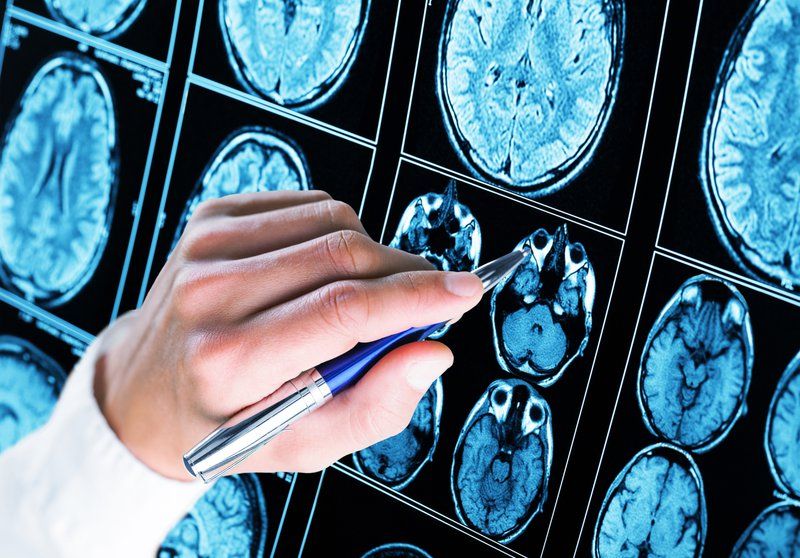
Vascular dementia is an increasingly prevalent condition, affecting a significant portion of the senior population. As the second most common form of dementia after Alzheimer’s disease, it demands a deeper understanding of its causes and symptoms to ensure effective care and support.
Empowering caregivers with in-depth knowledge and practical guidance is essential to navigate the complexities of this disease, aiding both individuals living with the condition and those dedicated to providing them with compassionate care.
Unpacking Vascular Dementia: Causes and Risk Factors
Vascular dementia often stems from cerebrovascular disease, which impairs the brain’s blood supply, leading to cognitive decline. The aftermath of a stroke can also significantly increase the risk of developing vascular dementia, emphasizing the crucial link between vascular health and cognitive function. Key risk factors, including hypertension, diabetes, and smoking, play a pivotal role in exacerbating the likelihood of dementia onset. The intricate interplay between these factors underscores the necessity for proactive measures to address vascular health as a means of mitigating the risk of developing this challenging condition.

- Cerebrovascular disease directly impacts brain function through compromised blood flow.
- Stroke survivors are at a heightened risk due to the cerebral damage sustained.
- Hypertension, diabetes, and smoking contribute to the vascular changes that increase susceptibility.
Recognizing the Symptoms of Vascular Dementia
Vascular dementia manifests through a spectrum of symptoms, ranging from subtle cognitive deficits to pronounced changes in behavior and daily functioning. These symptoms can include:
- Cognitive deficits: Impaired judgment, difficulties with planning and organizing, and a decline in attention and concentration.
- Changes in behavior: Emotional instability, apathy, and depression, often accompanying the cognitive decline.
- Impact on daily functioning: Challenges in carrying out everyday tasks, disrupted communication abilities, and a decline in overall independence.
Early recognition of these symptoms is crucial for timely intervention, allowing for effective management strategies and the preservation of the individual’s quality of life. By identifying these indicators, caregivers and healthcare professionals can provide tailored support, enhancing the well-being of those affected.
Understanding the Medical Landscape
In the medical context, diagnosing vascular dementia involves comprehensive assessments to differentiate it from other forms of cognitive decline. Diagnostic procedures may encompass:
- Neurological evaluations, cognitive tests, and brain imaging to confirm the presence of cerebrovascular disease.
- Identification of associated medical conditions such as hypertension and diabetes, which contribute to vascular dementia.

While treatment options primarily focus on managing risk factors and addressing underlying vascular conditions, ongoing care considerations are equally critical. Healthcare professionals play a pivotal role in providing tailored support, but they also encounter challenges in managing this complex condition, including:
- Navigating the intricate intersection of vascular and neurological health to optimize care outcomes.
- Adapting care plans to address the evolving cognitive and physical needs of individuals with vascular dementia.
Empowering Caregivers with Knowledge and Strategies
Caregivers play a crucial role in the well-being of individuals with this disease and equipping them with practical insights and strategies is paramount. Holistic approaches to support individuals with vascular dementia include:
- Engaging individuals in cognitive-stimulating activities to maintain mental agility and quality of life.
- Incorporating physical exercises tailored to individual capabilities to promote overall health and well-being.
Addressing the emotional and practical challenges of caregiving involves fostering a compassionate and informed care environment, and promoting understanding and patience. Providing caregivers with the necessary tools and knowledge empowers them to navigate the complexities, ensuring that individuals receive the support they need while caregivers maintain their well-being.
Navigating Life with Vascular Dementia
Living with vascular dementia poses unique challenges that require adaptive strategies to maintain a fulfilling quality of life. These may include:
- Establishing consistent routines and environments to provide familiarity and a sense of security.
- Utilizing memory aids and assistive technologies to support daily activities and enhance independence.
Creating a supportive and enabling environment is pivotal in addressing the challenges individuals face. By fostering understanding and patience, and tailoring environments to their specific needs, it becomes possible to enhance their well-being and overall quality of life amidst the complexities of vascular dementia.
Navigating the complexities of vascular dementia demands a deep understanding of its causes, symptoms, and the holistic strategies essential for supporting individuals living with this condition. Empowering caregivers with knowledge and practical insights is fundamental to ensuring compassionate and informed care.
By recognizing the symptoms early and implementing adaptive strategies, it is possible to create supportive environments that enhance the quality of life for those affected by vascular dementia. For more information about memory care services and support for vascular dementia, visit Assured Senior Living .
Learn more about what sets us apart . Contact us today, or download our free Family Decision Toolkit guide for more information.


